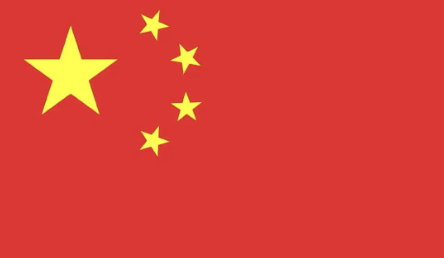The classic Qing dynasty text Poems of the Capital captures the essence of Beijing’s cheese, or traditional milk curd, with a vivid description: “Stopping for a bowl on the street, its jade-like chill refreshes a parched throat. Silky smooth like melted cream, it cools the spirit like autumn’s breeze.” This poem perfectly describes the delicacy’s frosty, pearl-like texture.
Originally a Mongolian specialty, cheese only entered Beijing during the Yuan, Ming, and Qing dynasties, where it was enjoyed exclusively as an imperial treat. Over time, it found its way to the general public, becoming a beloved local snack.
In the early 20th century, the Fengshenggong milk curd shop in Beijing’s Dong’an Market gained fame. Owned by Mr. He, a Manchu of the Plain Yellow Banner, Fengshenggong became the go-to shop for cheese. After the fall of the Qing dynasty, he, once financially supported by the empire, established a dairy farm and learned the art of milk curd making from a former palace chef. His shop was soon the only place in town selling cheese, attracting Beijing’s elite every summer as they sought this cooling treat.
With the popularity of Fengshenggong, other milk curd makers and vendors sprang up across the city. By summer evenings, the sound of vendors calling out, “Come get your cheese!” became familiar in Beijing’s alleys.

The Story of beijing cheese
In the early years of the Guangxu Emperor’s reign, Wei Hongchen, a chef who trained in the imperial kitchens, perfected the craft and earned the nickname “cheese Wei.” Wei so expertly made his milk curd that it would not spill when inverted. Initially, Wei sold his milk curd outside the theater district in Qianmen, Beijing, but by 1888, he opened his own shop, Linji Milk Curd Shop, on Dashilar Street, offering a year-round selection of milk curd, fried curd, and milk rolls.
Traditional cheese production required wood-fired cooking and cooling with ice. Wei’s family used large wooden barrels with iron bases, approximately 80 cm in diameter and 60 cm high, able to hold up to 60 bowls in six stacked layers. In his writing, Liang Shiqiu, a renowned author, reminisced about cheese, saying, “I’m not fond of milk, but milk curd, I enjoy. The best shop was near Qianmen, where their curd, made from the freshest milk, had an unmatched flavor. It even had seeds for added texture and taste.”
Before 1949, prominent figures like Liang Shiqiu, Pujie (the younger brother of the last emperor), Lu Xun, Lao She, and Hu Jieqing were regulars at cheese Wei’s shop, as were many in the Peking opera scene, cementing cheese as a cherished cultural delicacy in Beijing’s history.
Phoenix Lee https://chinese-tradition.com/the-legacy-of-beijings-cheese-traditional-milk-curd.html
